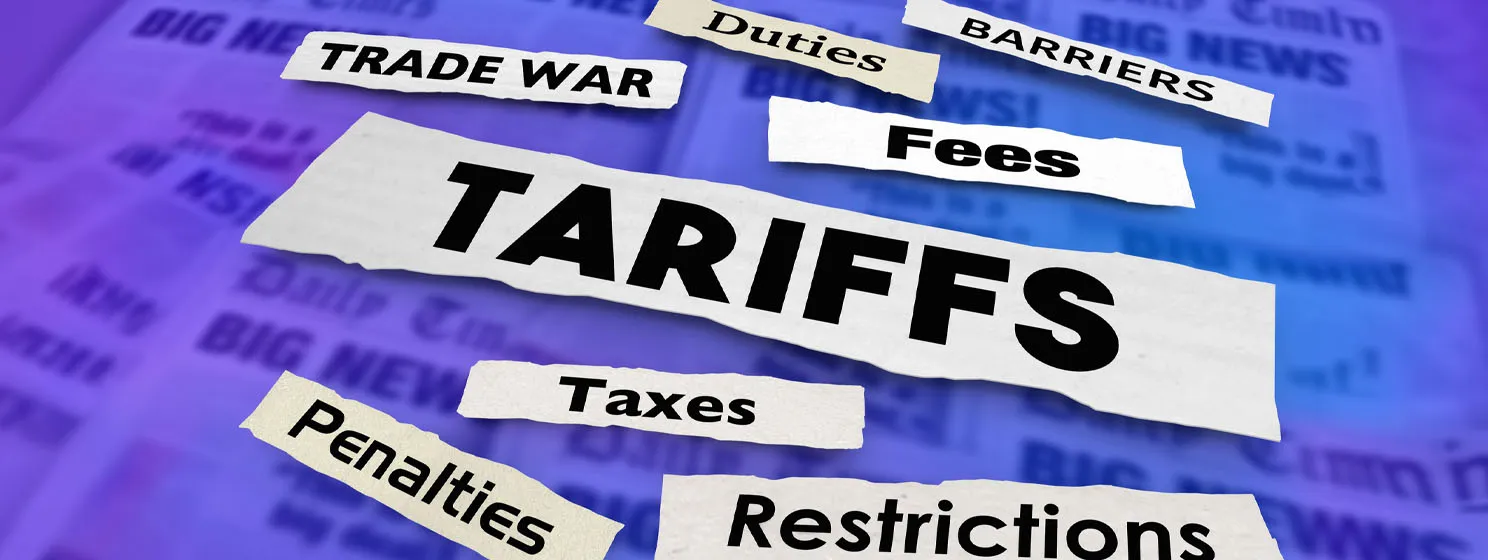|
Getting your Trinity Audio player ready...
|
Too often, we see blockchain and digital currency-related bills written by uninformed individuals. Just last week, two new bills were introduced to the U.S. House of Representatives: the first bill is looking to give the SEC the ability to rule which digital currencies are securities and which are exempt from securities laws, and the second bill is looking to let the Commodities Futures Trading Commission (CFTC) have jurisdiction over digital currency exchanges.
Although the congressmen and congresswomen who authored these bills think they are doing the world justice by creating legislation around the emerging industry, many of them do not have a strong understanding of blockchain and digital currency yet, which leads them to create misguided and even nonsensical frameworks.
Dr. Craig Wright on digital currency law
New blockchain and digital currency laws are a topic that Dr. Wright has taken an in-depth look in his blog post “Cryptocurrency and the Law of the Horse,” which explores the reasons why the space does not need new laws.
“There is nothing new under the sun, which is particularly true of Bitcoin and all its imitators. There is no need for new law, but there is a need to ensure judges and legislators understand the facts surrounding Bitcoin and other blockchain systems…The push for specialised individualised law is not a call for improving understanding and removing uncertainties; it is merely a poorly disguised attempt to undermine the existing legal system,” says Dr. Wright.
The world does not need a new set of laws that specifically address blockchain and digital currency because the laws that already exist encompass them. Rather than create new laws and applying new definitions to blockchain and digital currency, the world would be better off if the people who play a role in the legal system took the time to learn more about blockchain and digital currency, and how the way businesses and individuals use them applies to, complies with, or violates the existing laws.
Dr. Wright says that congressmen and women have been proposing new blockchain and digital currency laws to congress “every year for the last four years. None of them ever pass. The reality is that trying to have bitcoin described as something it’s not. They want to say that it is an anonymous system that the government cannot interact with and make that law. The reality is that the SEC does not need to rule on anything. The current ruling suits perfectly.”
Just like Dr. Wright says, although tons of blockchain and digital currency laws are drafted up each year, these laws rarely pass. It is good to see the legal system has blockchain technology and digital currency on their radar, but trying to create legislation around these industries the way that they are currently trying to could end up hurting the industry instead of helping it.

 08-13-2025
08-13-2025 





